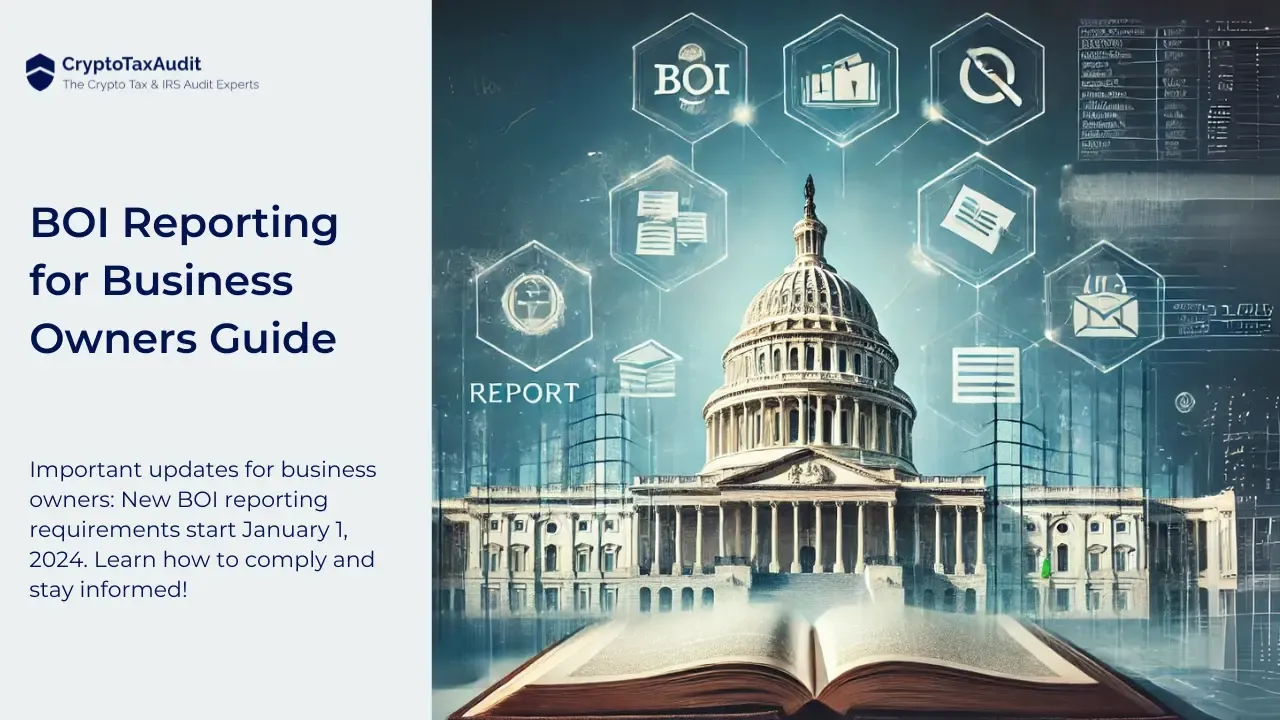Employing Family Members
Jan 01, 2023One of the advantages of operating your own business is hiring family members. However, employment tax requirements for family employees may vary from those that apply to other employees. The following information may assist you with pointing out some differences to consider.
Child Employed by Parents
Sole proprietorship. If the business is a parent’s sole proprietorship (or a partnership in which each partner is a parent of the child):
- Payments for the services of a child are subject to income tax withholding regardless of age.
- Payments for the services of a child under age 18 are not subject to Social Security and Medicare taxes (FICA).
- Payments for the services of a child under age 21 are not subject to Federal Unemployment Tax Act (FUTA) tax.
- A child employed by a parent for domestic work is exempt from both FICA and FUTA until age 21.
- A child employed by a parent shifts income from the parent’s higher tax bracket to the child’s lower tax bracket.
- A child employed by a parent could provide opportunities for the parent to utilize the education tax credits that may be lost due to AGI phaseouts.
For the above rules to apply, the child must be a bona-fide employee of the parent-owned business. This means the child must actually render legitimate services as an employee of the business, the child must actually be paid for those services, and the payment must be reasonable in relation to the services rendered.
Example: Dan owns a lawn care service and employs his 16-year-old daughter, Cassie, to help. She operates mowing equipment and provides other employee services. In 2024, she earned $21,600 during her summer break helping her dad in his business. If Dan is in a combined 30% federal and state income tax bracket, the $21,600 in wages paid to Cassie reduces his 2024 total tax liability, including SE tax, by over $8,000. Cassie’s wages are not subject to FICA or FUTA. And, if she contributes $7,000 to a traditional IRA, she will have zero taxable income in 2024.

Corporation, partnership, or estate. If the business is a corporation, a partnership (unless each partner is a parent of the child), or an estate (even if it is the estate of the deceased parent of the child):
- Payments for services of a child are subject to income tax withholding, FICA, and FUTA taxes regardless of age.
Parent Employed by Child
Sole proprietorship. If the business is a child’s sole proprietorship:
- Payments for services of a parent are subject to income tax withholding and FICA taxes.
- Payments for services of a parent are not subject to FUTA tax regardless of the type of services provided.
Corporation, partnership, or estate. If the business is a corporation (even if controlled by the child), a partnership (even if the child is a partner), or an estate:
- The payments for the services of a parent are subject to income tax withholding, FICA, and FUTA taxes.
Not a trade or business. If the parent is performing services for the child, but not for the child’s trade or business:
- Payments for services of a parent are not subject to FICA taxes, unless the services are for domestic services and each of the following apply:
– You employ your parent,
– You have a child or stepchild living in the home,
– You are a surviving spouse, divorced, or living with a spouse, who because of a mental or physical condition, cannot care for the child or stepchild for at least four continuous weeks in a calendar quarter, and
– The child or stepchild is either under age 18 or requires the personal care of an adult for at least four continuous weeks in a calendar quarter due to a mental or physical condition. - Payments for services of a parent are not subject to FUTA tax regardless of the type of services provided.
Spouse Working with Other Spouse in Business
One spouse working with the other spouse in a business could be doing so in several different ways, each with different tax treatments. Consider the following issues when operating a business as a married couple.
How spouses earn Social Security benefits. A spouse is considered an employee if there is an employer/employee relationship. That is, the first spouse substantially controls the business in terms of management decisions and the second spouse is under the direction and control of the first spouse.
If such a relationship exists, then the second spouse is an employee subject to income tax and FICA withholding. However, if the second spouse has an equal say in the affairs of the business, provides substantially equal services to the business, and contributes capital to the business, then a partnership relationship exists and the business’s income should be reported on a partnership tax return.
Both spouses carrying on the trade or business. An unincorporated business jointly owned by a married couple is generally classified as a partnership for federal tax purposes. However, a qualified joint venture, whose only members are a married couple filing a joint return, can elect not to be treated as a partnership.
A qualified joint venture is a joint venture involving the conduct of a trade or business, if:
- The only members of the joint venture are a married couple who file a joint tax return,
- Both spouses materially participate in the trade or business,
- Both spouses elect to have the provision apply, and
- The business is co-owned by both spouses and is not held in the name of a state law entity such as a partnership or limited liability company (LLC).
All items of income, gain, loss, deduction and credit are divided between the spouses in accordance with their respective interests in the venture. Each spouse takes into account his or her respective share of these items as a sole proprietor on Schedule C (Form 1040). For purposes of determining net earnings from self-employment, each spouse’s share of income or loss from a qualified joint venture is taken into account in accordance with their respective interests in the venture.
This generally does not increase the total tax on the return, but it does give each spouse credit for Social Security earnings on which retirement benefits are based. However, this may not be true if either spouse exceeds the Social Security tax limitation.
One spouse employed by another. If your spouse is your employee, not your business partner, you must pay FICA taxes for him or her. The wages for the services of an individual who works for his or her spouse in a trade or business are subject to income tax withholding and FICA taxes, but not to FUTA tax. Benefits to employing a spouse include:
- Covering an employee spouse under an employee health insurance plan that allows the sole proprietor to deduct health costs against self-employment taxable income.
- Travel expenses may be deductible for family-member employees when mixing business with vacation travel. The cost of travel for a non-employee family member is not deductible, even when the sole purpose of the trip is for business.
Copyright © 2024 Tax Materials, Inc.
All Rights Reserved




